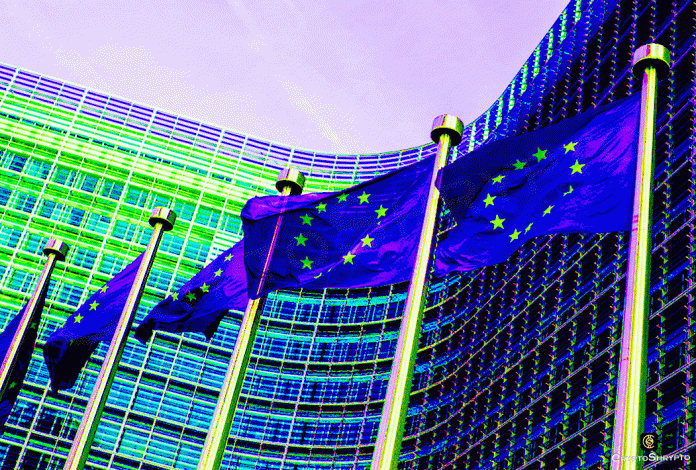Fabio Panetta, a member of the European Central Bank’s (ECB) board, has advocated for tougher and coordinated global crypto regulation to avoid a potentially huge collapse. He called for crypto regulations when he was discussing ‘the wild west of crypto finance’ today at Columbia University.
Need for crypto regulation
He stated that cryptocurrency necessitates a larger regulatory burden on nations as it has yet to deliver on its promised ideology of completely decentralised, trustworthy money. According to him, crypto-assets were causing volatility and insecurity in the financial market which is exactly the opposite of what they promised. He further said the following on issues with the crypto sector:
“Given the absence of fundamentals, the amount of recent scandals, their use in unlawful activities, and the significant volatility, the strong attractiveness of crypto-assets, particularly unbacked ones, is cause for concern.”
According to him, the crypto market is already larger than the subprime mortgage market was at the time of its collapse, with strikingly comparable characteristics. In this situation, regulators must act promptly especially when a variety of unbacked crypto sectors are emerging.
This all compels harmonising rules across the crypto and traditional banking sectors, as well as raising the bar for crypto in some cases.
Coordinated global crypto regulation
Panetta also raised worries about the energy and environmental costs of proof-of-work mining, as well as cryptocurrency’s potential use as a tool for tax evasion and sanctions evasion.
According to him, coordinated effort for stringent crypto regulation is the need of the hour. He suggested a few measures for crypto regulations. First, crypto-assets should be subjected to regular financial system rules wherever possible. This includes Financial Action Task Force (FATF) regulations, linking tax reporting for cryptocurrency with the larger financial system, and maybe imposing higher taxes on crypto activities deemed potentially damaging to the environment, such as proof of work.




